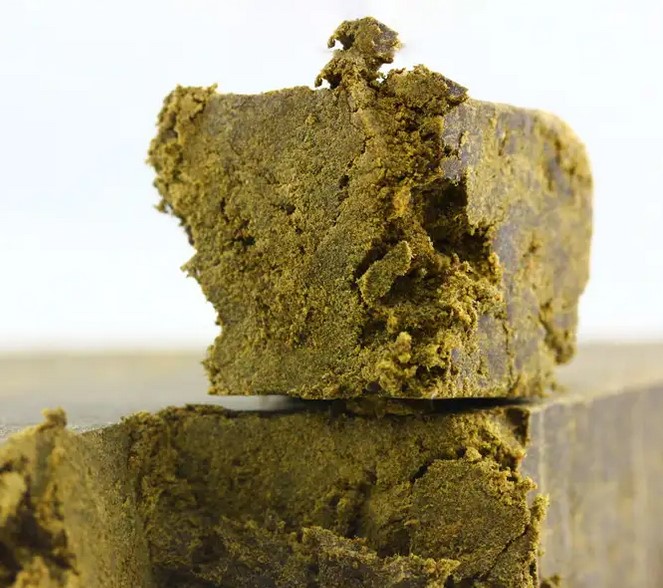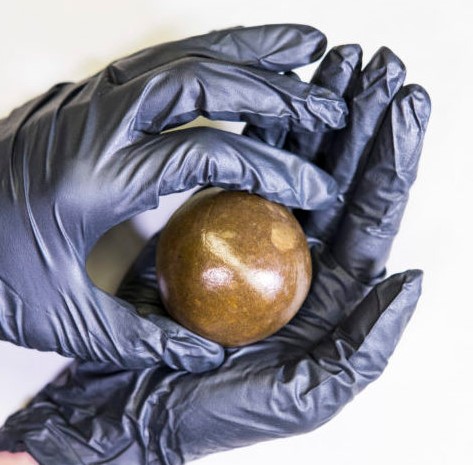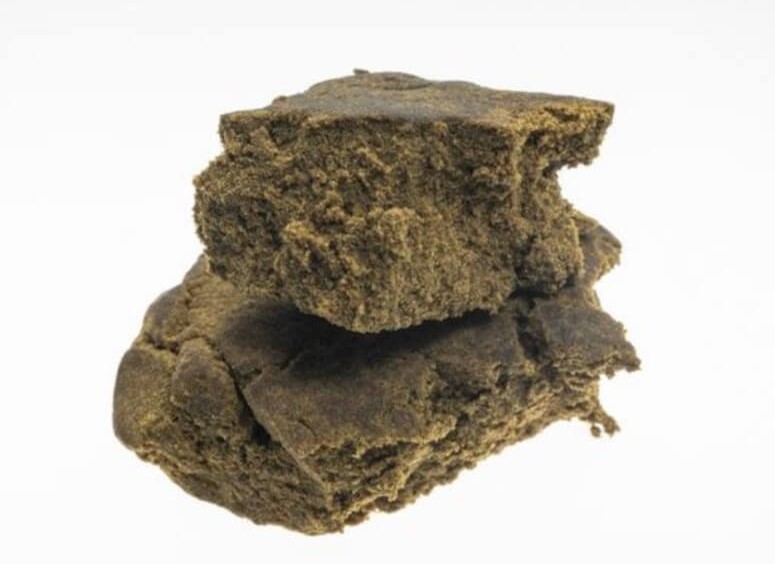A wise person once said, “A single page of history is worth a pound of logic.” We’re going to give you at least three pounds’ worth of reasoning on the house today. You may thank us later if you like.
The history of Moroccan hash is illustrious. It has been found in numerous countries throughout centuries, and it is now regarded as one of the most effective ingredients within the cannabis industry. But, what exactly is hash? And what distinguishes Moroccan hash from other types of hash? Is it really that ancient as everyone believes? Well, today we’ll dig into the lovely aromatic world of Moroccan hash. If you’ve ever consumed marijuana before, you already know how wonderful it is; if you haven’t, welcome to Hash for the first time!
What is Hash?
Hash is a type of concentrate that, like other concentrates, is comprised mostly of trichomes. Cannabis concentrates are a concentrated mass of trichomes, which are the purest part of the cannabis plant. When cannabis concentrates are produced, their THC concentration is greater than that present in normal cannabis buds. As a result, hash may contain anything from 20 to 60 percent THC. Cannabis buds generally have a THC content of around 15-20%. As such, hash should be handled with care. Hash is generally brown in color and comes in soft or hard blocks. The harder the block, the more time you’ll need to invest melting it down into a manageable substance before ingesting it. Hashish – often known as hash – is commonly smoked in a joint or vaped using a dry herb vaporizer. Because this amount of THC is present in hash, it is against the law in most countries throughout the world.

How is Hash Made?
Cannabis concentrates – including shatter, wax, and hash – are produced in a variety of methods. Hash, on the other hand, is somewhat less scientific than the others. In fact, hash is the most ‘natural’ cannabis concentrate because it is created via gently rubbing cannabis plant matter through a fine mesh screen. The tiny trichomes are sieved out of the cannabis using this sieve. They’re then heated and pressed together to make a hash block. Although hash has a high THC content, it’s typically less “skunky” because it hasn’t been tampered with in order to enhance its effects. It has a pure rather than enhanced high.
What is Moroccan Hash?
Hash comes in a variety of forms from all over the world. Afghanistan, Manali, and Nepal are just a few examples. Moroccan hash, on the other hand, is well-known and popular. Let’s have a look at what this stuff is about.
Moroccan hash is highly popular and revered throughout the world, particularly in Europe. Morocco has been dubbed the “mecca of hashish” because it is North Africa’s largest producer of hash. Moroccan hash is the most widespread and adored in Europe since it provides a very relaxing and soothing high. Moroccan hash, in contrast to other varieties of hash, is ideal for any event and does not aim to put the user out. The color is usually greeny brown, and the scent has aromatic undertones that are a little spicy. Moroccan hash is generally provided in a hard block, unlike some softer blocked hash. This makes it more difficult to break down but gives it stronger flavor.
Is Cannabis Legal in Morocco?
Moroccan hash is illegal in most countries because to the high amounts of THC present. Because marijuana has hallucinogenic effects, many governments see only recreational usage of hash, which makes it ineligible for legal status.
Although it is unlawful, Morocco is the greatest hash producer in North Africa, despite the fact that it is an illegal substance. Marijuana can be grown on roughly 220,000 acres of land in Morocco. Furthermore, while cannabis is banned by law, if detected under the noses of authorities, the count appears to allow for its use. They are well aware that cannabis in Morocco is a major draw for tourists, so they don’t waste time policing visitors or locals who use it; as long as it isn’t excessive.
However, in 2021, a legal shift occurred in the country that altered the status of cannabis use. In the Moroccan House of Representatives: 119 voted for medical cannabis legalization, against 48 who opposed it. This implies that marijuana can now be utilized to treat illnesses as well as to make cosmetics and even industrial products. Marijuana’s recreational usage, on the other hand, is still prohibited by law. So, whether Moroccan hash is more than a dark web commodity remains to be seen. However, it appears that the nation is making strides in the correct direction, demonstrating their capability to produce hash with pride.
The History Behind Moroccan Hash

Moroccan hash has a long history. However, it is not as long as you might believe. Hash has been around for centuries and was first created in the Middle East and Central Asia, but Moroccan hash seems to have been formed in the twentieth century.
When Lebanon and Afghanistan began producing hash, it wasn’t until western hippies passing on their knowledge of hash making to the rest of North Africa that Moroccan hash was created. They became aware of the unique sieving technique at this time, which revolutionized their cannabis sector and eventually led them to becoming the most popular hash producers and biggest exporters to Europe. They mentioned the hash technique because it did not require as much rain as cannabis plants and buds do under similar circumstances in Morocco.
The History of Moroccan Cannabis
The hash history in Morocco, however, appears to be just recently established. Cannabis agriculture in Morocco may have begun as early as during the Arab Invasions of 665 and 689. It was this mixing of people that resulted in Arab cannabis being discovered.
Why is Moroccan Hash so Popular?
For those of you who have never heard of it and have no intention to, you may be wondering: what’s the big deal about Moroccan hash? Moroccan hash has stood the test of time as Europe’s most popular source of hashish for a long, long time. This implies that individuals have deemed this form on their own. Finally, as everyone knows, it is the people who control the cannabis business, not the government.
